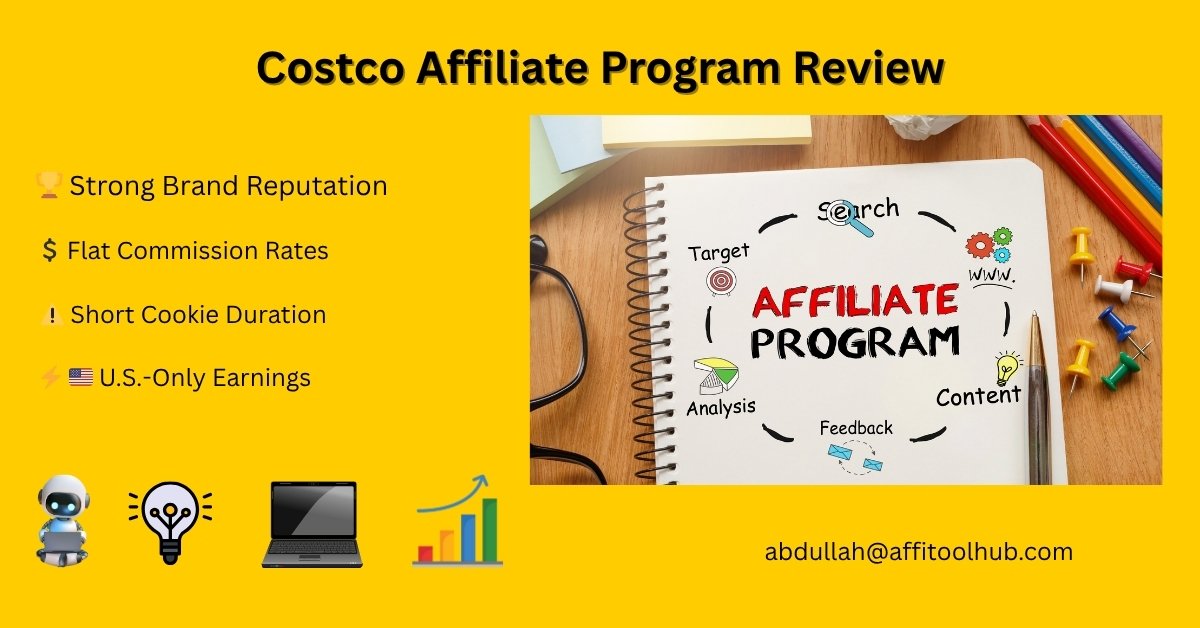Affiliated industries are the unseen networks that drive innovation, efficiency, and market growth in a world economy that is becoming more and more linked. These businesses are connected in some way, such as through shared interests, partnerships, supply chains, technologies, or customer bases. Businesses that want to stay competitive, come up with new ideas faster, and grow in a way that lasts need to know about these connections.
Whether it is e-commerce giants that depend on logistics partners or tech companies that collaborate with healthcare providers, affiliated industries are the underlying structure of contemporary business ecosystems.
What are affiliated industries, and why are they important?
Affiliated industries are groups of businesses that help each other out in some way, such as through formal partnerships, supply chain dependencies, or services that work well together. These relationships can be strategic partnerships, vendor-client relationships, or even casual partnerships that form because of changes in the market.
The main reasons why affiliated industries are important are:
- Mutual Growth Acceleration: When one sector makes progress, it often creates demand and new ideas in another. The rise of electric vehicles, for example, leads to more battery manufacturing, software development, and charging infrastructure.
- Innovation through Collaboration: Companies can collaborate to develop innovative solutions by forming cross-industry partnerships. For example, fintech firms may collaborate with cybersecurity companies to provide secure digital payment systems.
- Supply Chain Optimization: When industries work together, they make production, distribution, and customer service more efficient, which saves money and makes customers happier.
- Market Diversification: By working with related industries, businesses can make more money, reach more people, and lower their risks.
Real-World Illustrations of Affiliated Industries in Action
- Digital Payments and E-commerce: Online stores do well when they work with logistics companies, digital wallets, fraud detection services, and web development agencies.
- Renewable Energy & Smart Infrastructure: The clean energy sector is inextricably linked with construction firms, software developers, and IoT device manufacturers in order to construct smart cities.
- Entertainment and the cloud: Streaming services like Netflix depend on content creators, data analysts, and device makers to make sure users have a smooth experience.
These partnerships create dynamic ecosystems in which the success of each industry depends on its partners.
Affiliate Marketing: A Digital Powerhouse for Affiliated Industries
Affiliate marketing is a great example of how different industries can work together to get business results in the world of digital marketing. This performance-based model works best when there are synergies between:
- SEO experts make affiliate content easier to find in search engines.
- Content creators and influencers make interesting ads.
- E-commerce platforms that make it easy to buy things.
- Analytics & Automation Tools measuring campaign performance and refining strategies.
It’s important for an affiliate marketing campaign to work in this ecosystem, where each industry makes the others more effective. Businesses that take advantage of these partnerships can grow their operations, reach more people, and achieve long-term growth at lower costs of acquiring new customers.
How Affiliated Industries Help Digital Entrepreneurs
For entrepreneurs, affiliated industries offer an ecosystem that is brimming with opportunities:
- Access to Advanced Tools: From AI-powered SEO platforms to affiliate networks such as Amazon Associates and Share a Sale, entrepreneurs can gain access to sophisticated technologies without making a large initial investment.
- Monetization Synergies: Bloggers, YouTubers, and niche websites can work with brands in fitness, tech, lifestyle, and other areas to make money by recommending products.
- Lower Entry Barriers: Entrepreneurs can focus on building an audience and making content while affiliated industries take care of logistics, product delivery, and performance tracking.
Affiliated industries make business opportunities more democratic by letting small businesses compete in bigger markets.
New trends that will affect related industries in 2025
As industries become more digital and global, a few big trends are changing how affiliations grow:
- AI-Driven Ecosystems: Automation tools now make things easier in customer service, logistics, and digital marketing, which strengthens connections between industries.
- Partnerships that put sustainability first: ESG (Environmental, Social, Governance) goals are bringing together businesses in manufacturing, logistics, and retail to make supply chains greener.
- Blockchain Synergy: Blockchain solutions that are open and safe are bringing together the finance, supply chain management, and digital identity sectors.
- Creator Economy Surge: Content creators are no longer just responsible for marketing; they now have an impact on product development, merchandising, and brand strategies in many industries.
Businesses can strategically place themselves in markets that are changing quickly by keeping up with these trends.
The Future of Related Industries and Globalization
Globalization has broken down traditional business barriers, making it easier for people to work together around the world. A software developer in Eastern Europe might work with a logistics company in Asia and a marketing agency in North America to create a complete solution.
Some of the main reasons for this global affiliation are:
- Global Talent Pools: Having people with different skills from all over the world helps new ideas grow.
- Localized but Scalable Marketing: Affiliate networks let businesses tailor their marketing strategies to specific areas while also expanding their reach around the world.
- Digital Infrastructure: Technologies like cloud computing and IoT unify industries, fostering seamless collaborations.
In this global economy, related industries help businesses grow, adapt, and come up with new ideas.
Cross-Industry Collaboration: The Competitive Edge
Companies that are ahead of the curve are using partnerships with other industries to:
- Speed up product development: For instance, tech companies working with healthcare providers to create telemedicine platforms.
- Improve the Customer Experience: E-commerce companies are using AI-powered logistics solutions to make deliveries faster and more personal.
- Increase Resilience: When businesses branch out into related fields, they don’t rely on just one source of income, which makes them better able to handle changes in the market.
In short, in today’s highly competitive, digital-first business world, it’s not optional to know about and take advantage of related industries. It’s a strategic must.
Conclusion: The Future of Affiliated Industries
Affiliated industries are more than just business partners; they are the interconnected gears that keep the global economy moving forward by creating new ideas, making things more efficient, and helping businesses grow. Companies that know about these connections and actively look for ways to work together will be better able to deal with problems, take advantage of new opportunities, and be the best in their fields.
As industries continue to come together, the lines between them will become less clear. In the future, success will depend on how well companies can work together with their partners.




